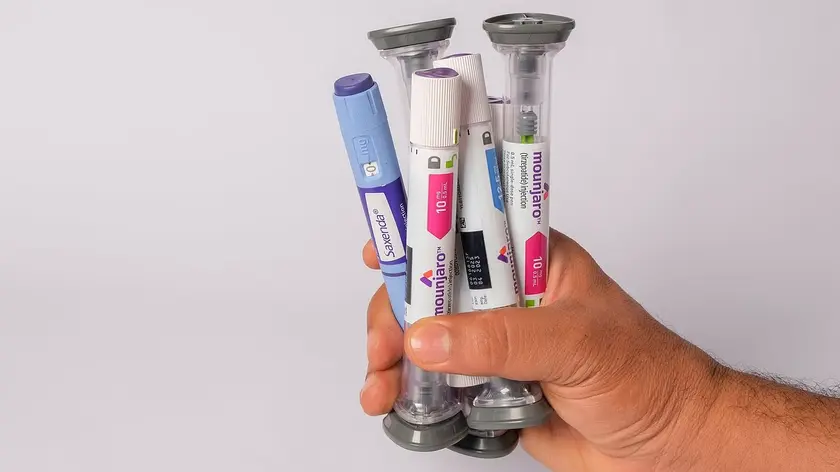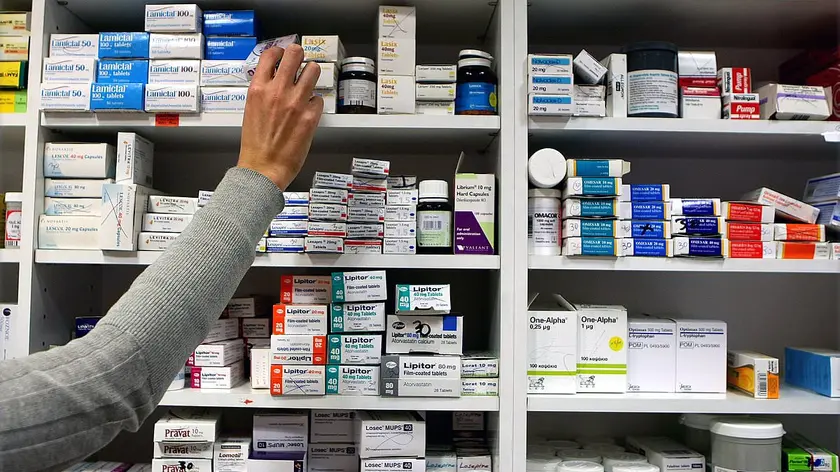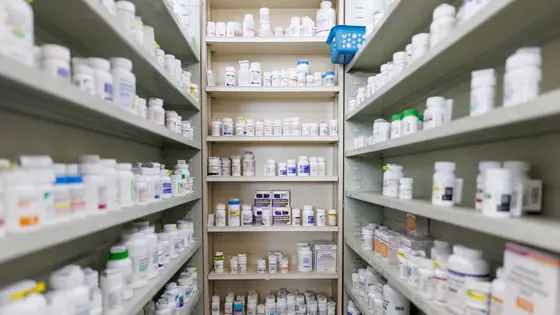T4K3.news
Glp-1 drugs move to pharmacy shelves
A government trial could allow obesity drugs to be bought in pharmacies without a GP visit, expanding access and easing GP workloads.

A government trial tests GLP-1 weight loss drugs being sold in pharmacies without GP involvement.
Fab jabs could soon be available over the counter at pharmacies without the need for a GP
Health officials are testing a plan to allow GLP-1 weight loss medicines to be bought at pharmacies without a GP prescription. Currently NHS access is limited to people with a body mass index above 35. The trial, part of an £85 million push to expand weight management, also includes digital health apps and peer support networks. NHS England says Mounjaro will be available to about 220,000 people in the next three years, with millions more potentially benefiting but facing long waits. The government argues the move could ease pressure on GPs and help people access treatment sooner, though critics warn the policy must be carefully monitored to avoid overuse or inequitable access.
The plan fits into the Government’s Ten-Year Health Plan to modernize the NHS and make pathways into obesity care easier to navigate. In the early stages, access will be limited and subject to criteria meant to balance safety with expanded reach. The announcement highlights a shift toward broader self management of weight, supported by private sector funding and digital tools.
Key Takeaways
"There’s been a groundbreaking pace of change in obesity treatment through weight loss drugs."
Wes Streeting on rapid changes in obesity treatment
"We must eradicate the two-tier healthcare system which creates inequalities in access."
Wes Streeting on equity in care
"The programme marks an important milestone in advancing new models of care for obesity."
Prof Rachel Batterham at Lilly on the plan
This shift signals a broader move toward patient self management and private capital entering public health. OTC access could reduce GP bottlenecks but raises safety concerns about monitoring adverse effects, long term outcomes and cost containment. The plan also tests how far the public system can rely on private partnerships to deliver essential care.
The involvement of Lilly funding and private partners invites scrutiny about how public priorities align with corporate interests. For a system already strained, clear rules on eligibility, price controls and data use will be crucial to maintain public trust and ensure that access is fair and transparent.
Highlights
- Weight loss drugs move toward everyday access
- Two tier health access must end now
- Private investment should align with public health goals
- OTC access could ease GP queues if done safely
Budget and access risk under obesity drug rollout
The plan ties expanded access to private funding and a new OTC pathway. This raises questions about budget impact, equity, and how safety and monitoring will be ensured as more people gain access to GLP-1 medicines.
If the rollout clears scrutiny, it could reshape obesity care in public health systems.
Enjoyed this? Let your friends know!
Related News

Weight loss drugs entering a new era

Weight loss jabs missteps may limit results

Reader shares concerns over family reactions to weight loss

Growing panic among Mounjaro users due to shortages

Shrinking Summer tests body positivity

Stocks Fall as Tariff News Shakes Market

Exploring GLP-1 medications and their implications

Trump vows 1500 percent drug price cuts amid questions on feasibility
